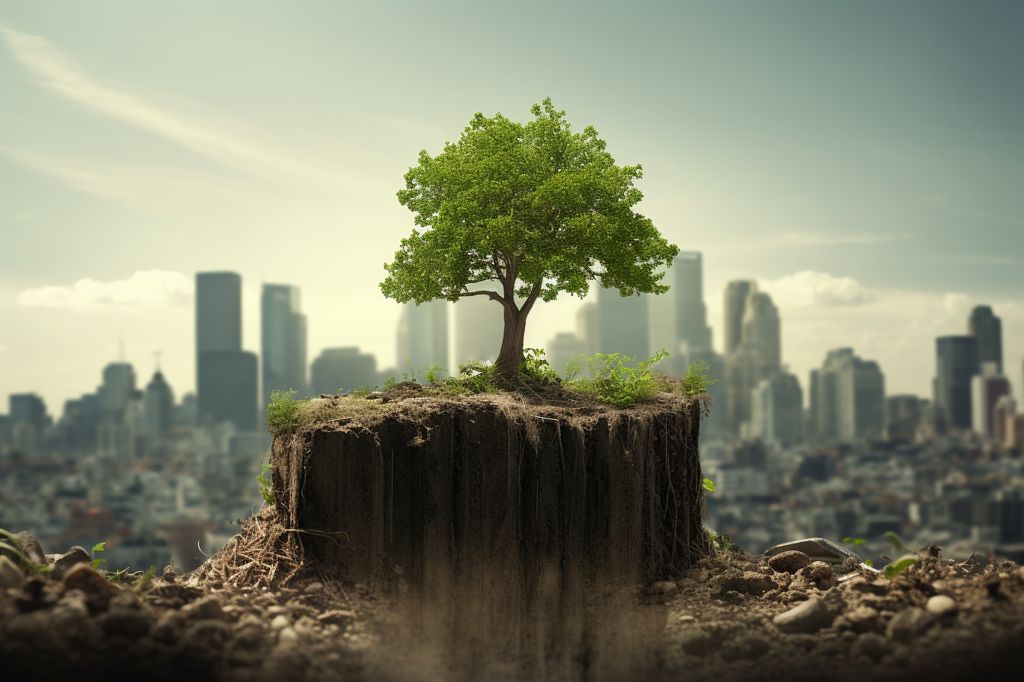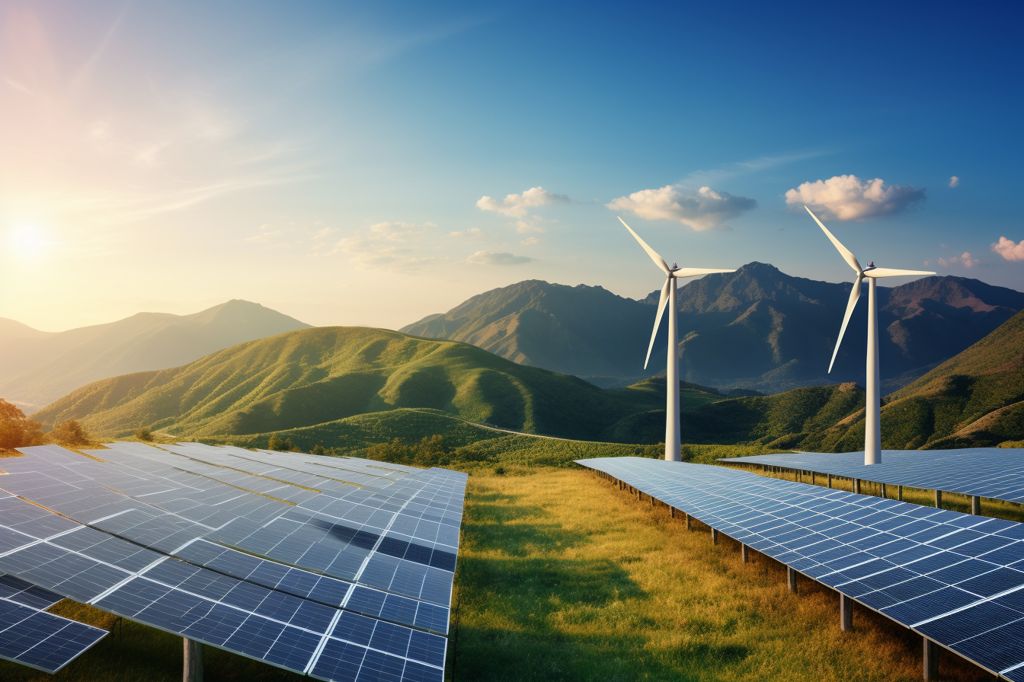The Council for the Built Environment (CBE) and the Department of Public Works and Infrastructure (DPWI) have announced a Built Environment Climate Change Indaba in Durban, KwaZulu-Natal, from 31 August to 1 September 2023. The conference aims to address climate change-related disasters and strengthen preventative measures by coordinating responses across sectors. The built environment profession will play a central role in reducing climate change impacts, and the conference will bring together experts, researchers, and professionals from government departments and the private sector.
Restoring Access-Rebuilding, Social-Cohesion and Healing of Communities through Social Infrastructure
The conference theme underscores the multifaceted nature of the issue of climate change, which requires collaboration and consideration of socio-cultural contexts. The conference discussions will focus on policy, regulations, incentives, and procurement regimes that consider emission reduction, climate change resilience and mitigation, new technologies, and innovative infrastructure design and development. The conference will also address the need to incorporate climate change into the curriculum and training of built environment professionals to nurture future skilled professionals.
Promoting Inclusivity and Empowering Marginalized Communities
The conference aims to promote inclusivity and empowerment of marginalized communities in the climate change discourse. The conference will address the integration of Indigenous Knowledge into built environment practices and professions. The Built Environment Sector’s contribution to the Presidential Climate Change Commission (PCCC) will also be a focal point of the discussions.
A United Front in Combating Climate Change
The conference will be held at the Olive Convention Centre in Durban and is a significant milestone in the ongoing fight against climate change. The built environment plays a crucial role in both mitigating and adapting to climate change. The collaboration between the public and private sectors, along with the involvement of experts and researchers, demonstrates the need for a united front in combating climate change.
Incorporating Indigenous Knowledge and Empowering Marginalized Communities
Incorporating Indigenous Knowledge and empowering marginalized communities within the climate change discourse is an essential aspect of the conference. Recognizing the value of traditional knowledge and practices in addressing environmental issues can contribute significantly to devising effective solutions. This inclusive approach has the potential to facilitate the development of a more cohesive and environmentally conscious society.
Fostering Understanding, Collaboration, and Progress
The Built Environment Climate Change Indaba serves as an opportunity to foster dialogue, share knowledge, and work together towards a sustainable and resilient future. By addressing various aspects of the issue of climate change, from infrastructural developments to socio-cultural considerations, the conference paves the way for more holistic and comprehensive solutions. As the world continues to grapple with the impacts of climate change, events such as this Indaba are crucial to fostering understanding, collaboration, and progress in creating a more sustainable future.








